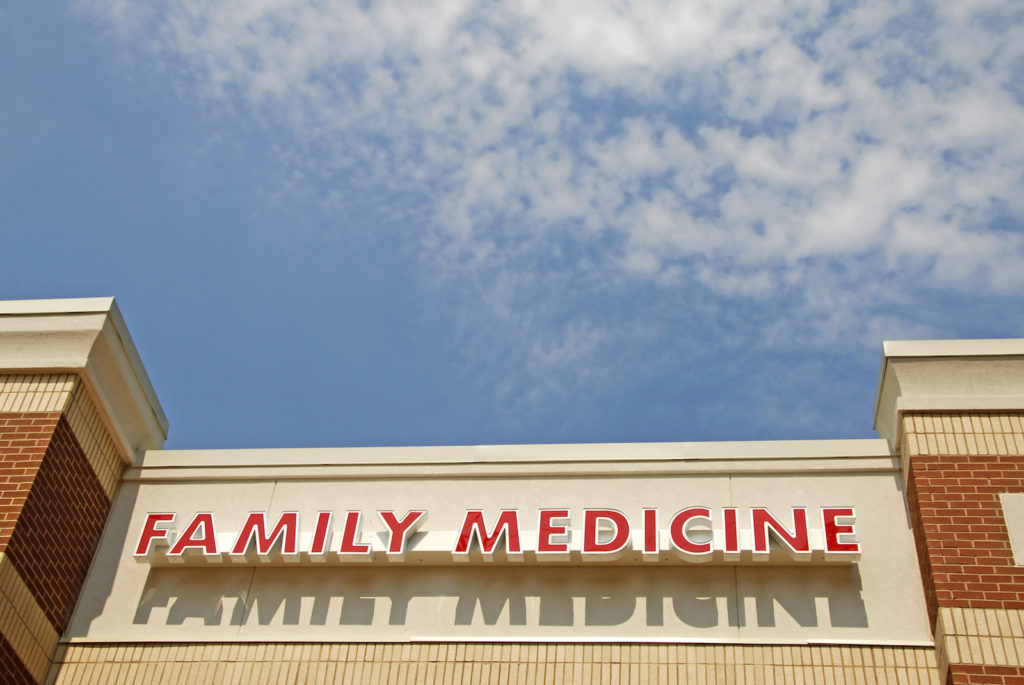
When buying into a medical practice, it is common to have the opportunity to buy into the medical office building as well. The practice buy-in generally overshadows the real estate buy-in, as it should. A doctor must scrutinize the terms of practice ownership, employment, compensation, governance, the other doctors, and the staff in order to make the best career choice.
It is also wise to remember the potential value and risks associated with ownership in the practice’s real estate. A poor investment choice may be as bad, if not worse, than a poor career choice, and because the real-estate investment is tied to the career choice, a physician may find it doubly difficult to separate from a practice if things don’t work out.
Critical Components of Real Estate Evaluations
An investment in owner-occupied commercial real estate (OOCRE) is illiquid in the short term–not easily converted to cash–and is generally subject to restrictions on when and to whom the investment may be sold. In return for this rigid investment arrangement, a physician-investor should expect the real estate to be a source of steady cash flow during her working career. Upon retirement, the real estate might also serve as either an additional source of retirement income or as an asset to be sold to the other owners.
Questions to ask about Real Estate Investments
What are the historical distributions to the owners?
Historical distributions provide important information to determine your expected return on investment (ROI). For example, if an investment yields a $6,000 annual distribution per $100,000 invested in the property, the calculated ROI is 6%. A skilled commercial real estate professional will be able to advise you whether or not this ROI is appropriate for medical real estate in your area.
In a perfect scenario, a real estate investment would pay out all, or nearly all, of its net cash each year. After all, if the medical practice is paying the tab on operational expenses, then there is not much reason to retain a surplus of cash in the real estate entity. An exception is if the building owners are contemplating capital expenditures for renovations and/or additions that would require a significant cash infusion. A prospective investor should ask about the likelihood of such expenditures and how any will be financed.
How much debt remains on the property and at what interest rate?
Debt repayments, commonly known as debt service, are reductions to the cash available for distribution to the owners. A highly leveraged real estate investment will have less cash available to pay out to owners than a similar property that is debt-free.
Are the owners required to personally guarantee the building debt?
In most cases, the answer is yes, making it critical to know what your potential risk exposure is in the event of a default on the loan.
What are the expenses related to the property?
In addition to a standard rent rate, the medical practice commonly pays the utilities, repairs, maintenance costs, insurance, and taxes on the property. That leaves the real estate entity with the obligation to collect rents, pay the mortgage, and make owner distributions.
How is the rent rate determined?
When the medical practice and the real estate entity have common owners, the rent rates might fluctuate based on the medical practice’s ability to pay. It’s this author’s opinion, the real estate entity and medical practice should execute a lease that represents market terms. If the medical practice consists of owners and non-owners of the real estate, market-rate terms help alleviate concerns that the practice is unjustly enriching the real estate owners with inflated rent rates and overly generous lease terms.
What are the tax implications of my investment?
This question is best directed to your personal accountant or the accountant for the real estate entity. Nearly all investments carry some sort of tax consequence, and it is important to have a firm grasp of how this investment will affect your personal tax situation.
In short, give the real estate investment opportunity the attention it deserves. Ask plenty of questions and be sure you fully understand the answers before moving forward. A good investment decision holds the potential
by Trey Whitt, Partner, DentMoses, LLP, Birmingham, AL
Follow us on Twitter, Facebook, and LinkedIn to join the conversation about investing for medical practices.


